What does it mean to have TS/SCI clearance?
In the military world, only certain individuals earn the privilege of having access to top secret information.
For this reason, the Department of Defense (DoD) established TS/SCI clearance to determine which individuals are allowed access.
In many situations, it’s worth pursuing TS/SCI clearance, since it can lead to high-level positions and more military pay.
Discover the 8 things you need to know about TS/SCI clearance.
Related Article – 12 Security Clearance Disqualifiers
Table of Contents
8 Things to Know About TS/SCI Clearance
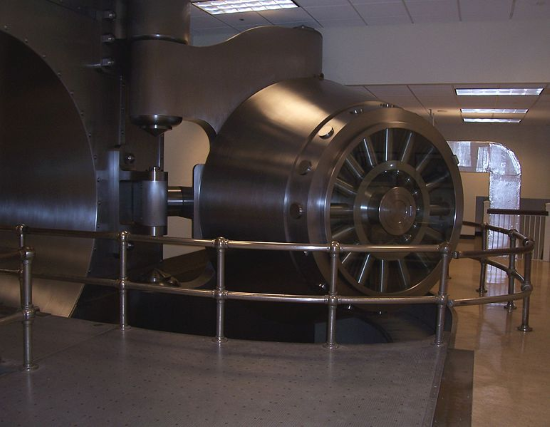
The military keeps certain information top secret and classified.
As a result, only certain individuals are able to access this type of private information.
For this reason, the Department of Defense (DoD) instituted TS/SCI clearance to determine which individuals receive top-secret access.
In general, there are 8 important things you need to consider when applying for TS/SCI clearance:
- Purpose
- Requirements / Eligibility
- Types of Security Clearance
- How to Apply
- Sponsorship
- Background Investigation
- Interviews / Polygraph Test
- Security Clearance Adjudication
In order to access classified information, military personnel must first prove they are of high character.
Consequently, the DoD conducts a very thorough investigation into the reputation and history of any applicant.
Nevertheless, those that pass an extensive background check (including a polygraph test) receive TS/SCI clearance.
Therefore, if you are thinking about applying for TS/SCI clearance, here are a few things to keep in mind:
#1. Purpose
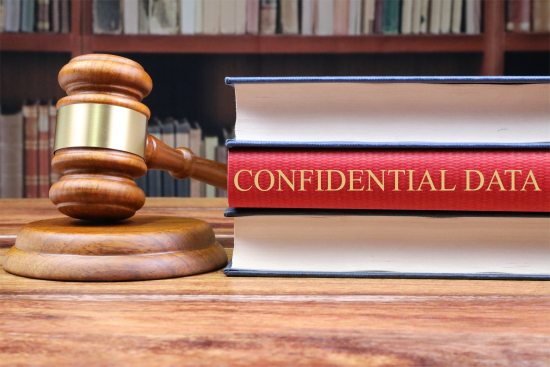
TS/SCI, or “Top Secret / Sensitive Compartmented Information,” is a type of military clearance.
What exactly does that mean?
According to the Department of Defense (DoD):
“Sensitive Compartmented Information (SCI) is information about certain intelligence sources and methods… [SCI data may include] sensitive collection systems, analytical processing, and targeting, or which is derived from it.”
In other words, the DoD assigns various clearance levels to military personnel.
For this reason, the type of clearance determines what type of information you are allowed to access.
Accordingly, TS/SCI clearance is reserved for top-secret and confidential data, information, or technology that is not available to the public.
Moreover, the type of information TS/SCI clearance normally involves concerns national security.
As a result, only military personnel of extremely high character and reputation are awarded this type of military clearance.
Therefore, to keep the nation secure and protected, agencies grant TS/SCI clearance to individuals they deem trustworthy.
Be that as it may, the DoD assigns various levels of security clearance that range from confidential to top secret (TS).
Ultimately, TS/SCI clearance ranks among the highest levels of security access.
In the end, these individuals have knowledge of confidential information that must not be revealed to the public and is therefore labeled “top secret.”
While the application process is strenuous (more details, below), new recruits should consider pursuing a TS/SCI clearance down the road.
Why?
This type of security clearance generally leads to better pay and high-level positions in the military and government sectors.
Related Article – How To Land The Highest Paying Jobs In The Military
#2. Requirements / Eligibility
There are numerous requirements necessary to achieve TS/SCI clearance.
First, eligible candidates must meet certain criteria.
For example, you must be a U.S. citizen and cannot even apply without a sponsorship (more details, below).
Secondly, you must agree to an extensive background check that will include a careful examination of your personal conduct and finances.
Furthermore, the background investigation includes a standard drug test and a polygraph test.
Therefore, make sure you are willing to agree to the terms and conditions before submitting to such a significant investment of time.
In general, it takes the DoD at least 3-4 months to review your personal file.
The background investigation includes interviews with family members and associates, meaning others will also be contacted.
There is no sense in lying or purposely omitting information about your past since the DoD will eventually find out.
The investigation does factor in criminal and civil decisions, including problems with credit or unresolved tax problems.
Moreover, felony convictions prevent you from gaining security clearance with certain agencies (i.e. FBI).
Accordingly, make sure you get back on the right track before pursuing TS/SCI clearance.
Otherwise, your application will get denied since competition for top-secret military clearance is fierce.
Interested candidates should complete the SF-86, Questionnaire for National Security Positions for consideration after gaining sponsorship.
#3. Types of Security Clearance
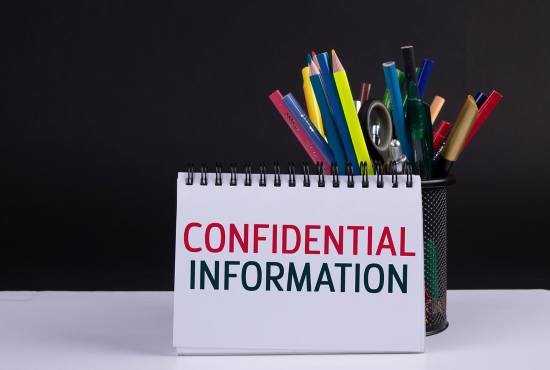
There are multiple levels to DoD security clearance.
In general, there are three basic levels of military security clearance:
- Confidential
- Secret
- Top Secret
The DoD classifies confidential information at various levels depending on the potential damage it would cause if the information was exposed.
Accordingly, confidential clearance deals with less sensitive information compared to Top Secret (TS) clearance, which could influence national security or interests.
For this reason, it’s very important that top-secret information remains confidential.
With this in mind, the DoD created an additional classification known as TS/SCI.
The purpose of TS/SCI is to handle security clearance not covered under the original 3 designations (Confidential, Secret, Top Secret).
The additional layer of security is added to certain military careers and roles that handle extremely sensitive information.*
In fact, individuals with TS/SCI clearance are granted information and data that other Top Secret (TS) designations cannot access.
It’s the primary reason why the vetting process for TS/SCI clearance is very extensive.
*NOTE: The agency you work for will determine what type of security clearance you need to complete the duties of the specialty.
#4. How to Apply
Those that serve in the military and access sensitive information must apply for security clearance relevant to their job specialty.
Usually, the service branch or agency you serve under will notify you of what clearance you need for the job role.
Thus, any new offer with the military or affiliated government agency is dependent on passing the necessary clearance level.
The employment offer letter or service contract will inform you of what type of security clearance you need.
Thus, the first step is to complete and submit SF-86, Questionnaire for National Security Positions.
Then, you will need to complete the following steps to remain in consideration for TS/SCI clearance:
- Complete and submit SF-86.
- Gain sponsorship with a service branch or agency.
- Complete a background check.
- Pass a Polygraph Test / Examination
- Complete Adjudication
The Defense Counterintelligence and Security Agency (DCSA) processes new TS/SCI applications.
Therefore, the background investigation, polygraph test, and adjudication are completed through the DCSA.
The agency you serve, however, makes the final decisions on security eligibility.
Finally, individuals with TS/SCI clearance are expected to be continuously vetted while serving in that capacity.
Related Article – How To Get A Copy Of Your DD 214: 5 Fastest Ways
#5. Sponsorship
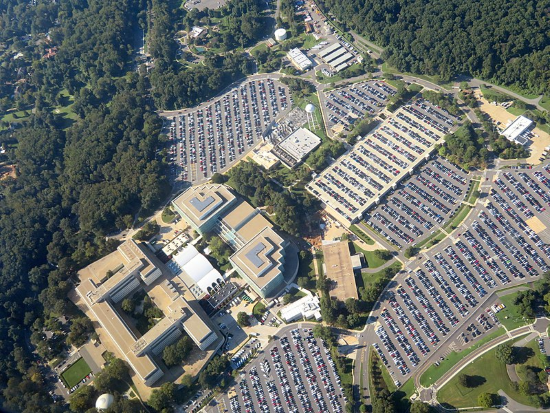
It’s impossible to request TS/SCI clearance on your own.
Therefore, you must obtain a sponsor to qualify for the application process.
In general, the sponsor is the service branch or organization that needs you to perform the assigned duties.
However, doing so may compromise national interests without first gaining top-secret clearance.
Thus, your sponsor is also the agency that is making sure you are honest and trustworthy.
#6. Background Investigation
Government agencies like the FBI and CIA require some level of security clearance, along with military personnel.
As a result, the background check ensures that you will not compromise crucial information and data.
The investigation covers everything from your education and employment history to personal finances and tax reporting.
Moreover, the agency will also look into your personal reputation with friends and associates (including former lovers).
So, you won’t be the only one interviewed by the agency when making a determination on security clearance.
Those that are honest and sincere are most likely to receive top secret clearance.
Of course, it also doesn’t hurt to have a clean record and quality credit report.
The Personnel Security Questionnaire (SF-86) seeks information that covers the previous 7-10 years.
Consequently, you’ll need to reference a decade’s worth of previous living addresses, phone numbers, affiliations, relationships, and other history.
The agency that completes your background check will cross-reference with public records along with personal interviews (more information, below).
#7. Interviews & Polygraphs
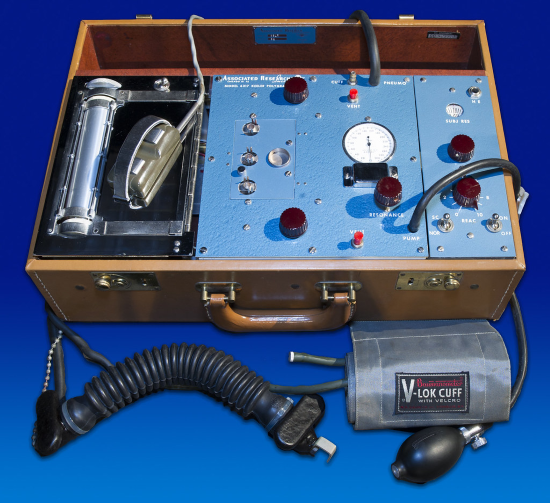
It’s traditional for the DCSA to follow up with an in-person interview.
You should not be alarmed as this interview is often conducted to verify what you reported on the SF-86 Questionnaire.
So, the best advice is to be yourself and answer the questions forthrightly.
Investigators realize that nobody is perfect and rather seek candidates that display a “whole-person concept,” according to guidelines.
In other words, they simply seek candidates that demonstrate the ability to take accountability and desire to improve over the course of a lifetime.
Consequently, a few mistakes from the past may not disqualify you from TS/SCI clearance.
Notwithstanding, you may also have to pass a polygraph examination as part of the background check.
It’s important to note that a polygraph is not required for every position.
However, certain agencies (such as the CIA) make a polygraph test mandatory for all new candidates.
Once again, the best advice is to be direct and truthful about your past.
In the end, there is no way you are going to cheat a lie detector system.
Thus, the point of the examination is not so much to pick out flaws but to demonstrate that you are truthful and honest.
The great news is that the chances of you passing a polygraph are highly likely so long as you are not associated with any nefarious activities or organizations.
As a result, stay with your normal daily routine (including don’t forget to eat) preparing for the polygraph.
Related Article – Can You Join The Military With A Felony?
#8. Security Clearance Adjudication
Congrats, you’ve finally made it to the final step in the determination — adjudication.
In other words, it’s time for the agency or service branch to determine whether the candidate is approved for TS/SCI clearance.
Unfortunately, applying for TS/SCI clearance is not a quick process.
It can take a half year or longer to make a determination, depending on certain factors.
For example, spending a significant amount of time overseas or the results of a background check may delay the process.
Nonetheless, the DCSA will eventually adjudicate the clearance application.
Then, the sponsoring agency will review the adjudication and determine whether to grant TS/SCI clearance or not.
Those that are denied security clearance may appeal the decision with the DCSA.
There are several reasons why an agency may deny the clearance: dishonesty, criminal conduct, drug use, etc.
Meanwhile, those that receive TS/SCI clearance only gain that privilege for a specified period of time (usually 5 years).
For this reason, personnel with TS/SCI clearance must consistently undergo re-investigation / vetting.
Consequently, it’s plausible to achieve top secret clearance and then lose the privilege during the evaluation phase.
Moreover, an agency may revoke or suspend the security clearance due to new events, and at any moment.
Accordingly, it’s important to continue and practice strong character and morals while serving in this capacity.
Lastly, those with TS/SCI clearance are required to self-report certain changes that may impact clearance.
Conclusion
It’s worthwhile to apply for roles in the military or jobs thereafter that require TS/SCI clearance.
Why?
The job prestige and higher pay are well worth it even if the application process may appear daunting.
A top secret security clearance is reserved for individuals that access highly sensitive information that may expose national interests / security.
Therefore, it’s crucial that individuals who gain access to this type of information and data are properly vetted.
Accordingly, the Department of Defense assigns various levels of security clearance, including TS/SCI designation.
Featured Image Source – www.FreeSVG.org
- Ikon Pass Military Discount: Learn How To Save Big - January 31, 2025
- RTIC Military Discount: Find Out How To Save Big on Gear - January 30, 2025
- Traeger Military Discount: Learn How To Save Big on Smokers - January 28, 2025





